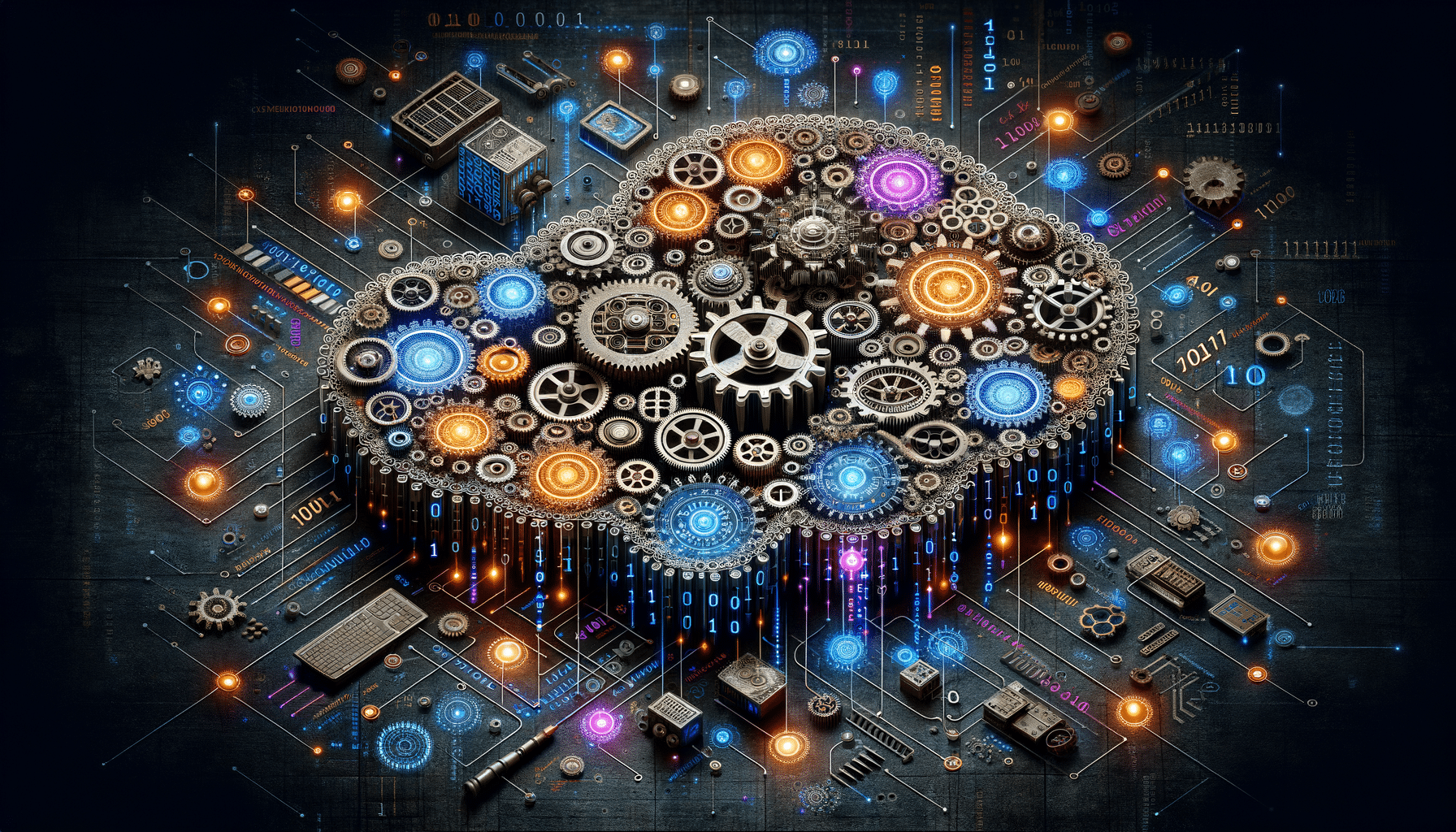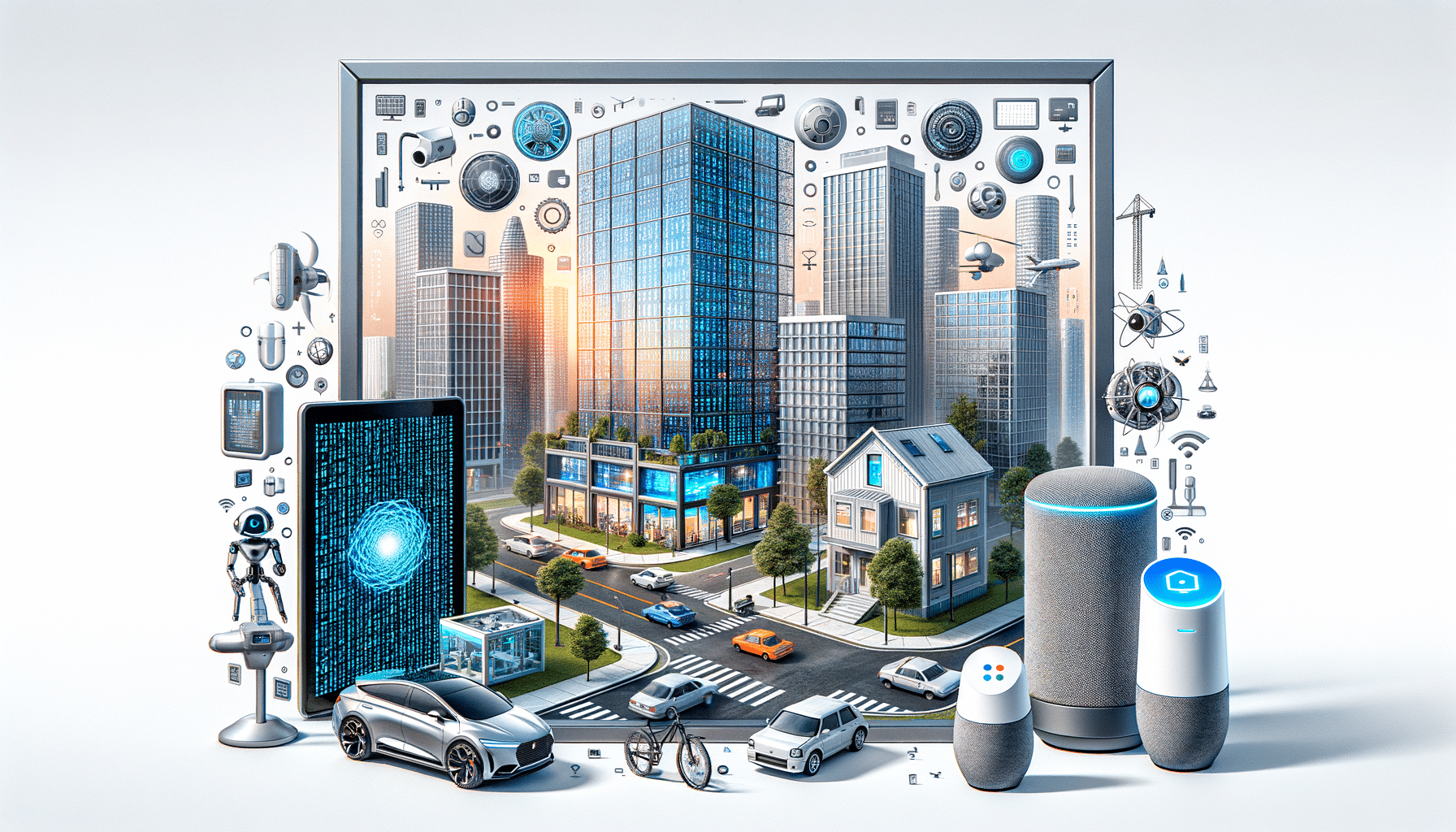
Enhancing Efficiency with AI Workflow Automation
Introduction to AI Workflow Automation
In today’s fast-paced business environment, efficiency and productivity are key to staying competitive. AI workflow automation is emerging as a powerful tool that helps organizations streamline their processes, reduce manual errors, and improve overall efficiency. By integrating AI into workflow systems, businesses can automate repetitive tasks, allowing employees to focus on more strategic activities. This article explores the various aspects of AI workflow automation, its benefits, and how it is transforming industries.
Understanding AI Workflow Automation
AI workflow automation refers to the use of artificial intelligence technologies to automate complex business processes. It involves the integration of AI algorithms that can learn and adapt to perform tasks traditionally carried out by humans. These systems can handle tasks such as data entry, customer service, and even decision-making processes.
By leveraging machine learning and natural language processing, AI workflow automation can interpret data, recognize patterns, and make informed decisions. This capability not only speeds up processes but also enhances accuracy and reduces the risk of human error. For instance, automated systems can process large volumes of data in real-time, providing insights that would take humans much longer to derive.
Moreover, AI workflow automation can be customized to suit the specific needs of different industries. Whether it’s automating financial transactions in banking or managing supply chains in manufacturing, AI offers versatile solutions that can be tailored to meet unique business requirements.
Benefits of AI Workflow Automation
The adoption of AI workflow automation brings numerous benefits to businesses. One of the most significant advantages is the increase in operational efficiency. By automating repetitive tasks, companies can significantly reduce the time and resources spent on manual processes. This not only improves productivity but also allows employees to focus on more value-added activities.
Another key benefit is cost reduction. Automation minimizes the need for human intervention, leading to lower labor costs. Additionally, the reduction in errors and improved accuracy can result in cost savings by avoiding costly mistakes.
AI workflow automation also enhances decision-making. With the ability to analyze vast amounts of data quickly, AI systems can provide actionable insights and predictions, enabling businesses to make informed decisions faster. This can lead to improved customer satisfaction and better business outcomes.
- Increased operational efficiency
- Cost reduction
- Enhanced decision-making
- Improved accuracy and reduced errors
Challenges in Implementing AI Workflow Automation
Despite its benefits, implementing AI workflow automation is not without challenges. One of the primary obstacles is the integration of AI systems with existing infrastructure. Many organizations have legacy systems that may not be compatible with new AI technologies, requiring significant investment in upgrades.
Another challenge is data privacy and security. As AI systems handle sensitive data, ensuring the security and privacy of this information is paramount. Organizations must implement robust security measures to protect against data breaches and comply with regulations.
Moreover, there is a need for skilled personnel to manage and maintain AI systems. The shortage of AI expertise can hinder the successful implementation and operation of automated workflows. Companies need to invest in training and development to build the necessary skills within their workforce.
- Integration with existing systems
- Data privacy and security concerns
- Need for skilled personnel
Future of AI Workflow Automation
The future of AI workflow automation looks promising as technology continues to evolve. Advancements in AI, such as deep learning and advanced analytics, are expected to further enhance the capabilities of automated systems. This will enable even more complex tasks to be automated, expanding the scope of AI applications across various industries.
Furthermore, as more businesses recognize the value of AI workflow automation, its adoption is likely to increase. This will drive innovation and lead to the development of more sophisticated tools and solutions. Companies that embrace AI automation early on will have a competitive edge, as they will be better equipped to adapt to changing market demands and customer expectations.
In conclusion, AI workflow automation is set to revolutionize the way businesses operate. By understanding its potential and addressing the associated challenges, organizations can harness the power of AI to drive efficiency, reduce costs, and improve decision-making, paving the way for a more productive future.


